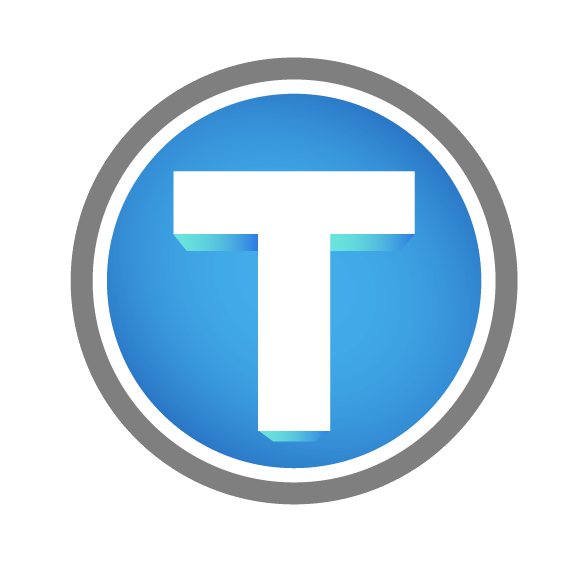An Easy Guide to Assisted Stretching
Assisted stretching is part of this new phenomenon, even though many masseuses and physiotherapists have used similar techniques for decades.
The pandemic brought about a sharp focus on health and well-being, with more people hiring personal trainers or joining exercise programs. Assisted stretching is part of this new phenomenon, even though many masseuses and physiotherapists have used similar techniques for decades.
Because the assisted stretching industry is growing exponentially, this article will delve into its origins, uses, and benefits.
What is assisted stretching?
Stretching requires precision to deliver benefits, which alone is hard to achieve. Assisted stretching professionals help people of all ages stretch correctly by using their hands, arms, or special equipment on the client.
Although many people do fine stretching independently, assisted stretching professionals ensure they stretch correctly or help them with difficult stretches. The practitioner assesses the client's needs before recommending a course of action. Then, depending on the client's fitness, ability, and age, they partake in weekly or bi-monthly sessions.
The core elements of assisted stretching
Special techniques can improve the flexibility, extension, and mobility of one or more muscle groups. As part of the training, assisted stretching professionals become experts in anatomy, meaning they know precisely how to help anyone with any stretching exercise.
During a consultation, the professional first checks the client's current flexibility level and range of motion before leading the stretches to improve both. Each program complements that client's wellness plan with the assisted stretching professional teaching clients techniques they can use independently.
The uses and benefits of assisted stretching
Anyone, from athletes in recovery to older people with decreased mobility, can benefit from assisted stretching. The aim is to reduce pain, increase flexibility, and deliver wellness.
Although it is unclear whether independent or assisted stretching has more benefits, several scientific studies indicate its far-reaching advantages.
In a Miami study, a group of older people progressed through an eight-week assisted stretching program. Upon completing the program, participants experienced increased mobility, range of motion, and functional power. Another study concluded that each individual experienced varying stretching benefits.
Let's look at the benefits assisted stretching professionals can provide:
Better motion and flexibility
Stretching expands one's flexibility and increases mobility. Muscles can extend further, while joints become less stiff. As a result, clients have a better quality of life and are more capable of performing tasks.
Better circulation
Stretching improves circulation and oxygenizes the muscles. At the same time, the increased blood flow to the muscles provides them with nutrients.
Better posture
Assisted stretching can help improve posture by strengthening the muscles responsible for good posture. The body returns to its natural positioning while joints, muscles, and tendons no longer display imbalances or stiffness.
Pain relief
Athletes and medical professionals have recommended stretching to help improve mobility, speed up recovery, and relieve pain for decades. Assisted stretching has the advantage of ensuring that clients stretch correctly without potentially aggravating an injury.
For older people, gentle assisted stretching can relieve pain and improve mobility.
Visit a local assisted stretching professional
Independent stretching requires a lot of discipline, knowledge, and tenacity. While many people triumph in this effort, contacting an assisted stretching practitioner ensures the precise delivery of the multiple stretching benefits.
If you are looking for occupational or physical therapy, vestibular rehab, wheelchair training, learning to walk, unweighting aquatic therapy, or other services in the Phoenix area, please call Touchstone Rehabilitation at 602-277-1073.

